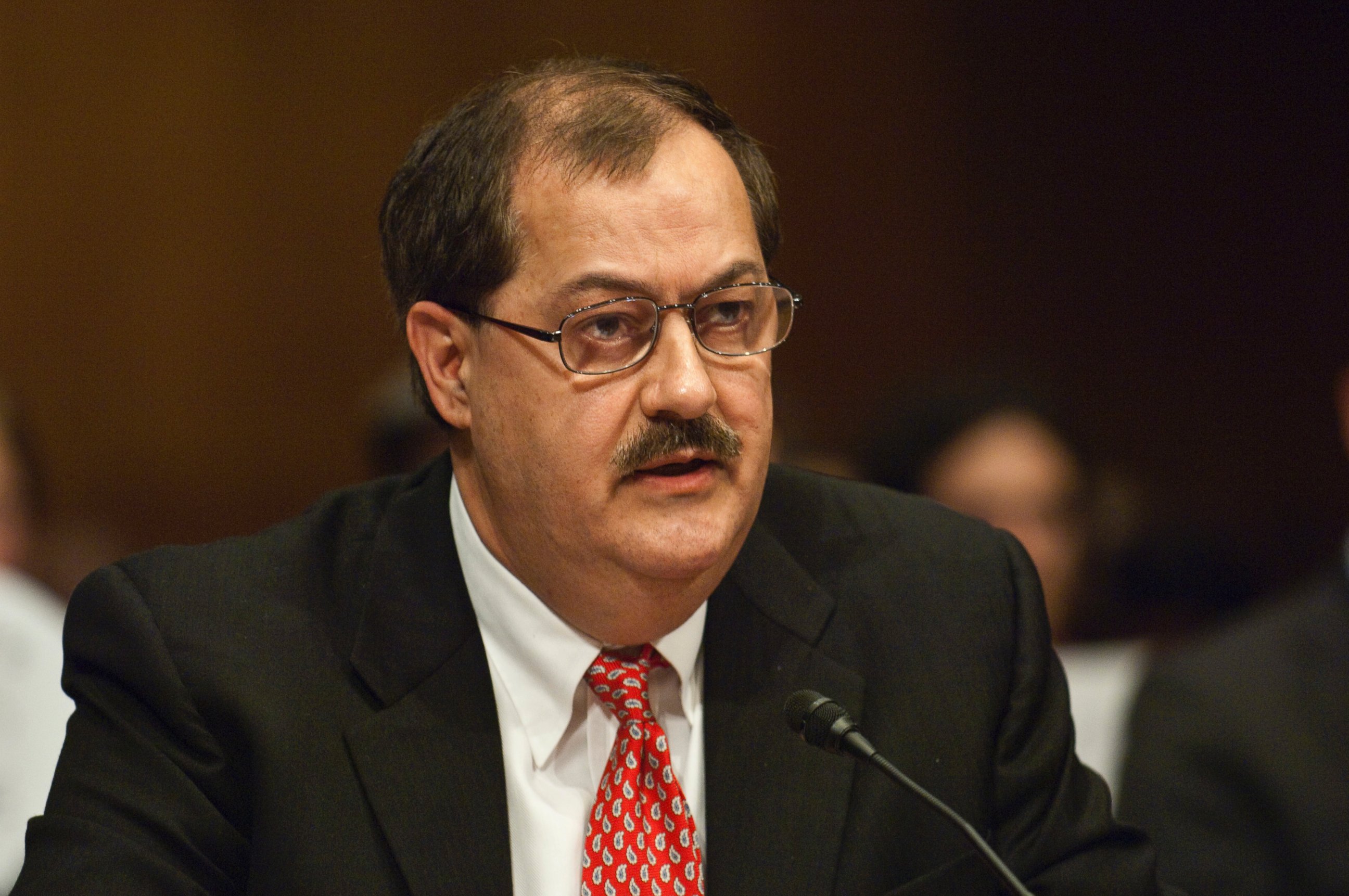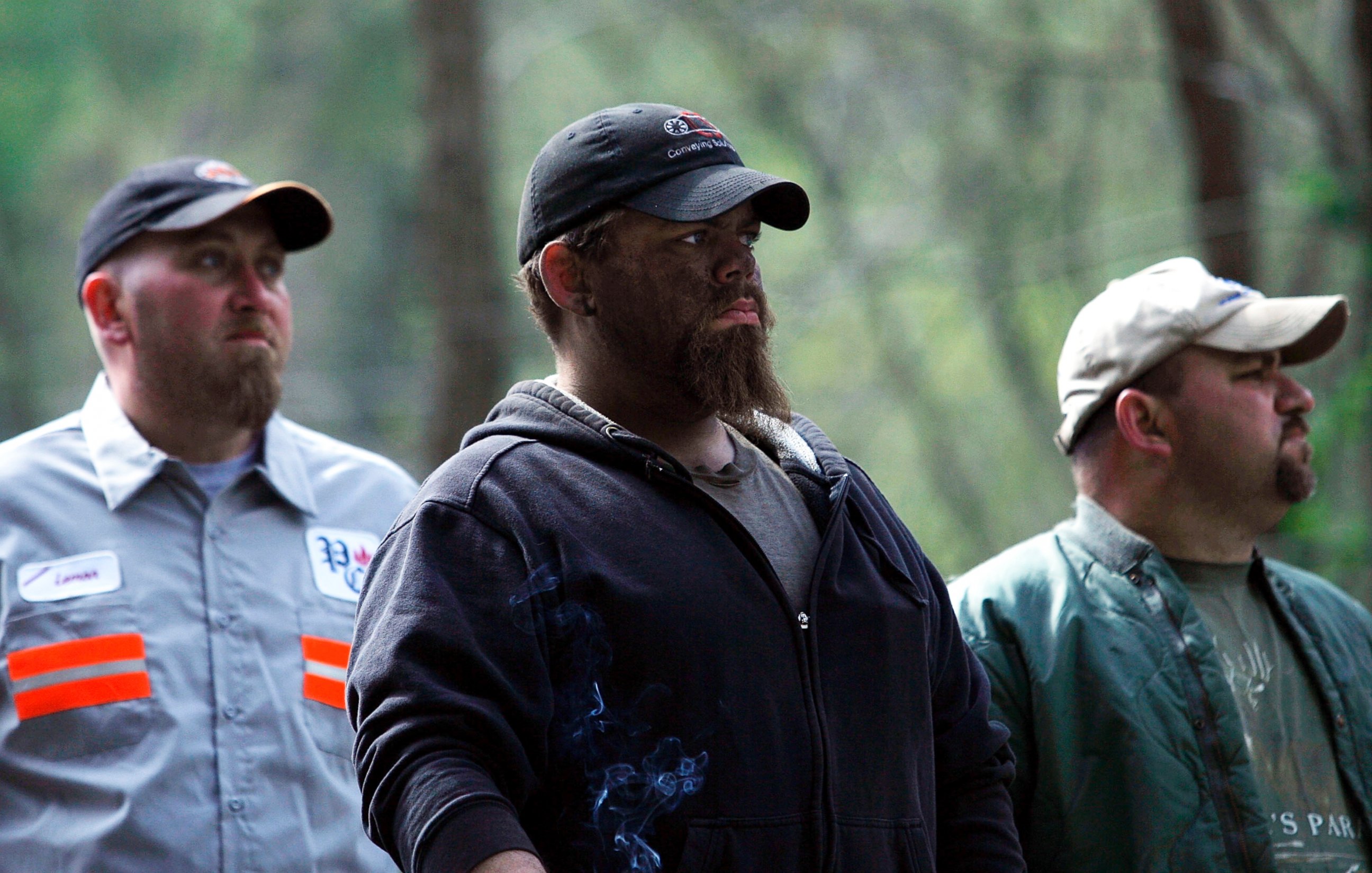Coal King Don Blankenship Makes Last-Minute Bid to Put Off Prison
Don Blankenship was sentenced to one year for actions related to mine disaster.
— -- Attorneys for Don Blankenship mounted a last-minute effort to keep the disgraced West Virginia coal boss out of prison, just two days before he was scheduled to report for his first day behind bars.
Blankenship’s lawyers filed an emergency stay motion Tuesday in hopes of convincing the court to allow their client to remain a free man on $1 million bail while the court considers his appeal. Though he was tried in West Virginia, the defense’s motion revealed he is expected to serve his time in California starting Thursday, should the motion fail.
Blankenship, the former CEO of Massey Energy, was convicted in December and later sentenced to one year in prison for conspiring to violate safety standards ahead of a mine explosion that killed 29 workers in 2010. At the time of his sentencing, prosecutors bemoaned such a short sentence – the maximum for the conspiracy charge -- for what they called “monstrous” wrongdoing.

In response to the defense’s motion Tuesday, federal prosecutors said that the emergency motion was “redundant” because Blankenship’s team had already asked the appeals court to spare him from serving time during the appeals process.
“His latest motion adds nothing except to say that he is set to serve his sentence in California,” prosecutors said. “Since defendant has consistently asserted in the district court that he now resides in Nevada, the fact that he is to report in California should pose no special difficulty.”

Federal law says that defendants can remain free pending appeal if they can show their arguments on appeal raise a substantial question of law or fact likely to result in reversal, an order for a new trial, a sentence that does not include a prison term, or a reduced sentence to a jail term less than the defendant has already served plus the expected duration of the appeal.




